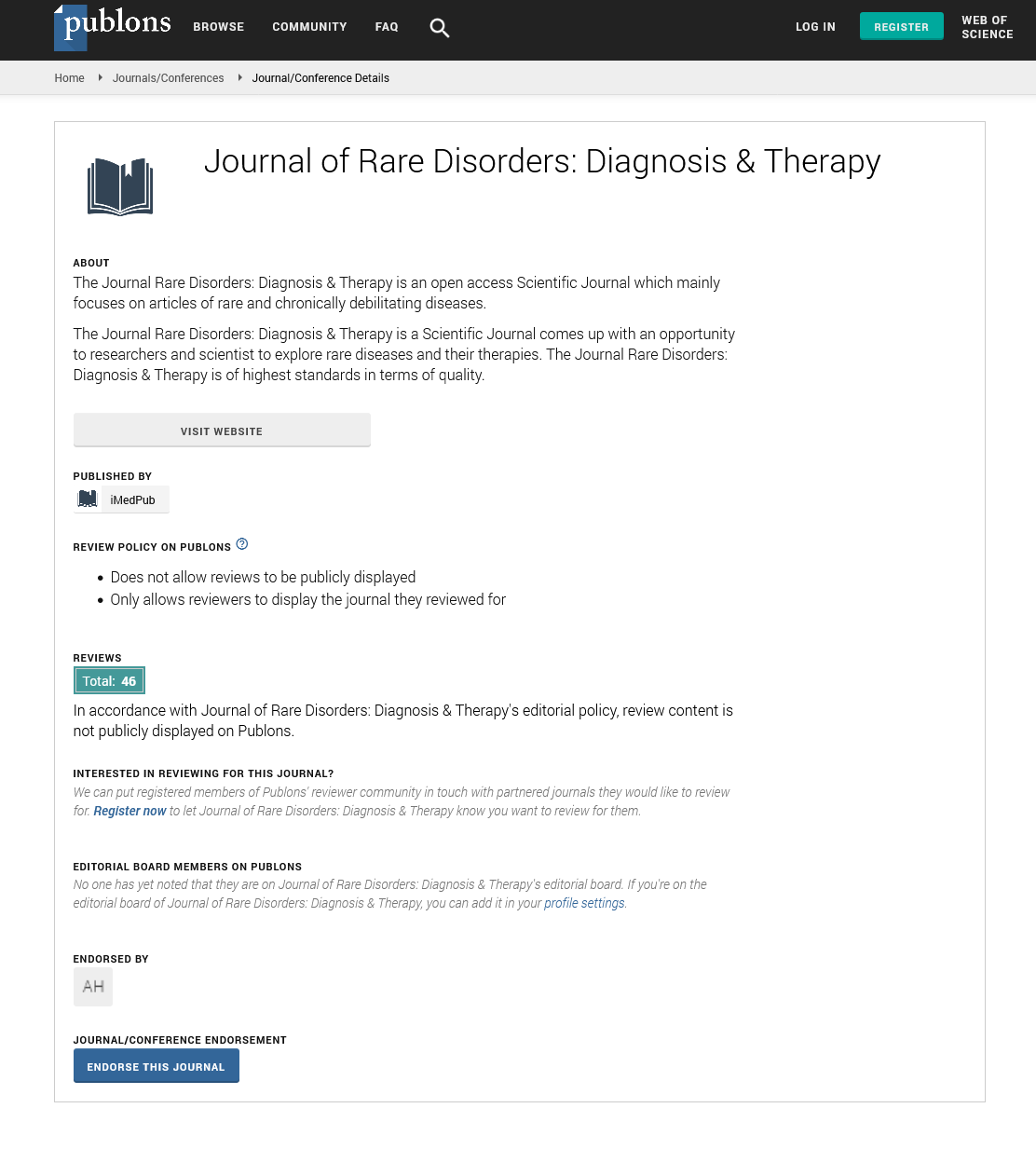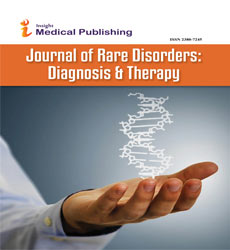Abstract
Can a Low-Carbohydrate Diet Improve Exercise Tolerance in Mcardle Disease?
Context: McArdle disease is a rare disease of muscle metabolism caused by a deficiency of the enzyme myophosphorylase, which prevents stored muscle glycogen from being converted to glucose. The resultant effect is exercise intolerance with muscle fatigue and “cramping” within a few minutes of starting an activity, which can lead to muscle damage, rhabdomyolysis and potentially renal failure. A huge volume of literature over the last five decades suggests that a high carbohydrate diet increases insulin secretion, inhibiting the use of fat (and ketones). Since McArdle patients lack access to the majority of their stored carbohydrate, the further blockade that a high carbohydrate diet imposes has even greater implications for exercise tolerance. Nutritional Ketosis (NK) has the potential to improve exercise tolerance and ultimately reduce the risk of muscle damage and attendant complications in this patient population.
Case report: We report the novel experience of three patients with McArdle disease that have adopted a Low-Carbohydrate Ketogenic Diet (LCKD) to manage their exercise intolerance. In each case, a distinct improvement in activity and exercise tolerance was found. Plasma Creatine Kinase (CK) was significantly lowered in all three cases, with two patients exhibiting values within normal range. Overall, each patient described an improved quality of life.
Conclusion: A carbohydrate-restricted diet may provide patients with McArdle disease with a consistent energy substrate for working muscles, thereby reducing the risk of muscle damage and threat of renal failure. Further research on the use of a LCKD in McArdle disease is warranted.
Author(s):
Reason SL, Westman EC, Godfrey R and Maguire E
Abstract | Full-Text | PDF
Share this

Google scholar citation report
Citations : 241
Journal of Rare Disorders: Diagnosis & Therapy received 241 citations as per google scholar report
Journal of Rare Disorders: Diagnosis & Therapy peer review process verified at publons
Abstracted/Indexed in
- Google Scholar
- China National Knowledge Infrastructure (CNKI)
- Directory of Research Journal Indexing (DRJI)
- Publons
- International Committee of Medical Journal Editors (ICMJE)
- Secret Search Engine Labs
- Euro Pub
Open Access Journals
- Aquaculture & Veterinary Science
- Chemistry & Chemical Sciences
- Clinical Sciences
- Engineering
- General Science
- Genetics & Molecular Biology
- Health Care & Nursing
- Immunology & Microbiology
- Materials Science
- Mathematics & Physics
- Medical Sciences
- Neurology & Psychiatry
- Oncology & Cancer Science
- Pharmaceutical Sciences


